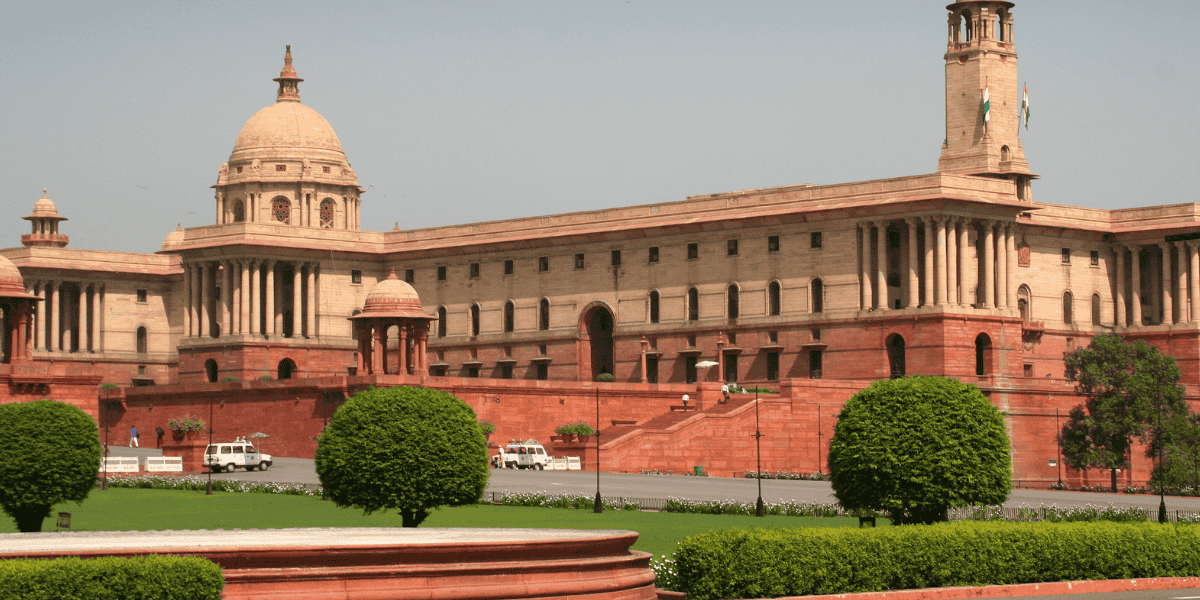India’s finance minister, Nirmala Sitharaman, said India plans to broaden its safe harbour regulations for transfer pricing. The minister said this while presenting the 2024-24 federal budget on 23 July, 2024.
The planned expansion of the transfer pricing safe harbour rules aimed at alleviating litigation and providing certainty in international taxation as well as streamline transfer pricing assessment procedures.
This initiative follows after legal and tax experts highlighted long standing challenges faced by global information technology firms operating in India. If implemented, it could accelerate the significant growth of captive units or global capability centres (GCCs) in the country and result in a nearly threefold growth of the GCC sector, which is projected to reach USD 120 billion by 2030.
GCCs, or Global Capability Centers, are Indian-registered entities offering services to their parent companies. Transactions between these entities involve cross-border related parties and are subject to strict transfer pricing regulations. Existing safe harbour rules are only applicable to units with turnovers up to INR 200 crore.
Industry experts have recommended safe harbour margin rates of 14-15% aligning with global trends as the current transfer pricing margin rates of 17-24% is detrimental for the multinational companies’ revenues and operations.
Safe harbour limits were introduced in mid-2017 under the transfer pricing regime to reduce litigation between the Income Tax department and taxpayers and alleviate the burden on lower-value transactions, where establishing arm’s length pricing isn’t feasible.















